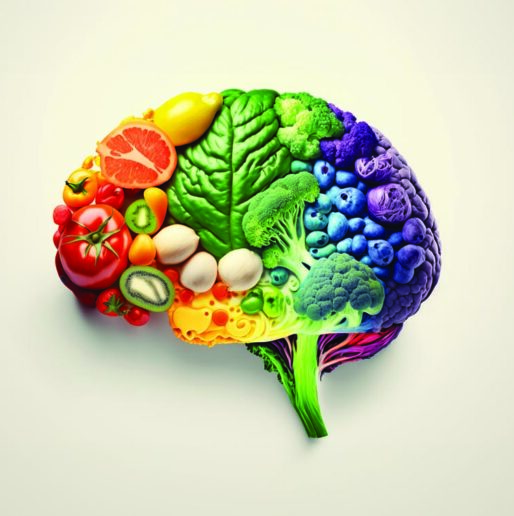As we get older, our bodies are continually changing the way they function. When it comes to our diets, no longer can we eat how we used to. The days of scarfing whole pizzas or an entire plate of greasy nachos while downing more than a couple of beers are all but over. We simply cannot eat the way we have in the past and still maintain our health. Sure, we can, if we want to – but each unhealthy meal comes with a future price tag. What do you value most? A year of poor dietary choices or a few more healthy years in the future?
Nutrition plays a big role in warding off future chronic diseases such as diabetes, heart disease and cancer, to name a few. As our bodies age, it is important to meet its new nutritional needs. While older adults typically require lower caloric intake, they have similar or often increased nutritional needs. This is due to less physical activity, changes in metabolism, or age-related bone and muscle loss. To ensure that our changing needs are met, the question “What do I have for dinner?” should be given more consideration. Impulse choices should be avoided as generally, they involve foods that work against our health.
Older adults require lower caloric intake but have similar or often increased nutritional needs.
To combat muscle loss, our diets need to include good sources of protein such as poultry, fish and eggs. Our ability to absorb vitamin B12 decreases with age, so foods rich in B12 must be included such as whole grains or fish. (Many of us may need a B12 supplement – check with your doctor to determine whether you do.)

A healthy adult diet should include: whole grains, fruits and vegetables, low-fat milk or cheese, seafood, lean meats, poultry, eggs, beans, nuts and seeds. In particular, increasing the number of leafy vegetables, fish, nuts and beans in one’s diet can go a long way toward enjoying a healthier future. Added sugars, saturated and trans fats and sodium should be limited or ingested sparingly. Other foods to limit or avoid entirely are potato chips, soft drinks, sugary breakfast cereals, pre-packaged baked goods (snacks) and alcohol, as they provide empty calories with no nutritional value. Your belly may feel full, but your body will remain depleted and lack the fuel needed to ward off illness and chronic disease. Nutrition Tip: Make sure to drink enough fluids such as water and unsweetened fruit juices. The sensation of thirst declines with age and older adults can quickly become dehydrated.

Eating for the Mind
The prevalence of dementia is on the rise with nearly 10% of persons over the age of 65 being afflicted. It is estimated that by 2030, nearly nine million adults will be affected and 12 million by 2040. Risk factors for developing dementia include age, level of education, poor sleep, alcohol abuse, diabetes, high blood pressure, obesity and poor diet.
What we ingest not only helps our bodies to function as they should but also keeps our minds sharp and clear. Good nutrition is the key! Coupled with daily exercise, eating right will aid in avoiding chronic diseases such as diabetes, and lessen the chances of developing cognitive impairment and dementia.
Eating for a healthy mind includes all of the usual suspects such as colorful fruits and leafy vegetables, fish, nuts and whole grains. In addition to the rest, berries should be worked into the diet for vitamins A, C and E which have antioxidant benefits. Nutrition Tip: Substitute olive oil for margarines and other vegetable oils whenever possible.

Processed foods, sugary beverages, refined grains (e.g., white rice), alcohol and red meat should be limited to only a few servings a week.
Get into the habit of planning your meals and adjust accordingly to your specific dietary needs. You don’t have to give up every food and drink you love, just consume them in moderation. Control is important when you are eating for longevity.
A healthy diet equals a healthy body. As we age, nutrition is even more vital to a long and robust future.




